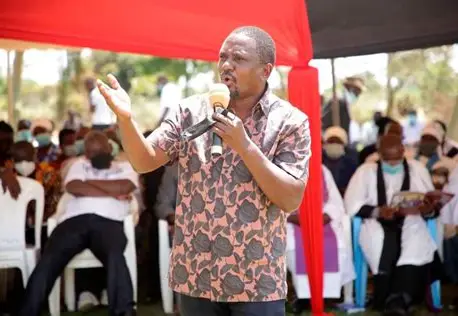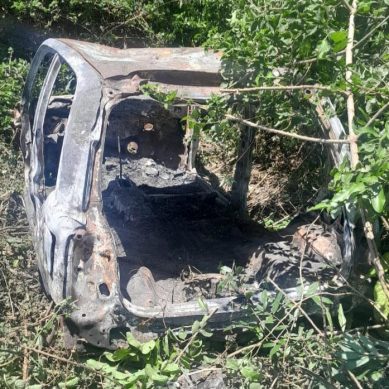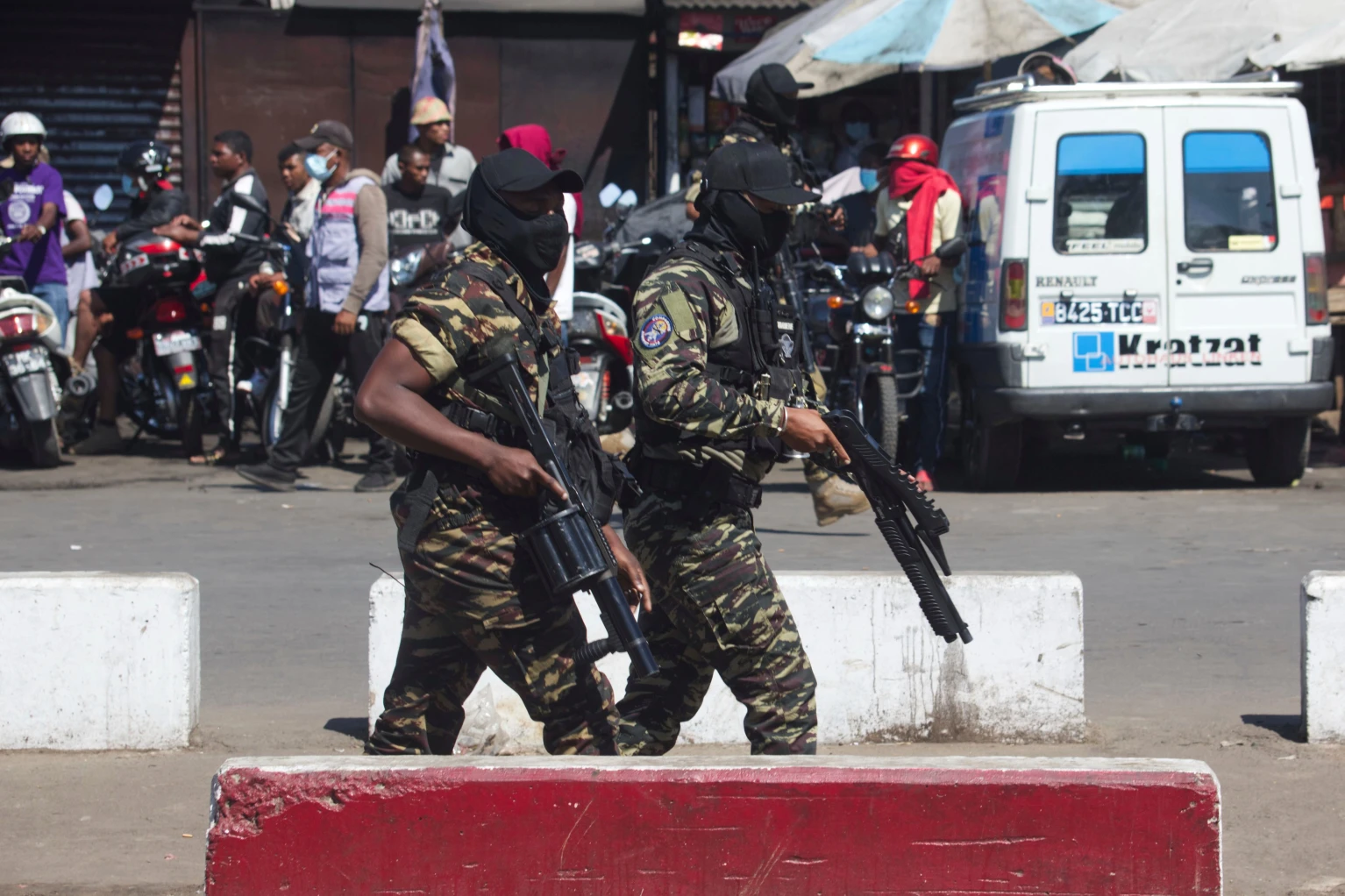Nigerian cows crossing: Give way, herders are grazing their animals to ease gravity of climate change
Fulani herders like Abubakar are traditionally nomadic and dominate West Africa’s cattle industry. They normally rely on wild countryside to graze their cattle with free pasture, but the pressures of modernisation, the need for land for housing and crop farming and human-caused climate change are challenging their way of life. To keep cattle off of Abuja’s major roads and gardens, some suggest that herders need to start acquiring private land and operating like other businesses. But to do that, they’d need money and government incentives.
Dealing with stress, Nigerian way: Swinging a sledgehammer in ‘rage room’ is the latest fad in Lagos
Times are tough in Nigeria, a country of about 250 million people where growing frustration among youths led to recent mass protests in which several people were killed by security forces. The inflation rate has reached a 28-year-high of 33.4 per cent, while the naira currency has fallen to record lows against the dollar.
Biggest diamond in over 100 years that weighs a whopping 2,492 carats is mines in Botswana
Before this discovery, the Sewelo diamond, which was found at the Karowe Mine in 2019, was recognised as the second-biggest mined diamond in the world at 1,758 carats. It was bought by French fashion house Louis Vuitton for an undisclosed amount.
Bogged down by hefty foreign debts Africa now wants next COP summit to consider raising climate financing
One way of increasing Africa’s share of climate cash is to boost access to existing global funds set up for the purpose, Mohamed said, such as the Green Climate Fund and the Global Adaptation Fund.
Reformed poacher offers hope for Zimbabwe’s tourism industry and endangered wildlife species
Tembanechako Mastick and a group of men scanned bushes near their village in southeast Zimbabwe, on the hunt for the den of hyenas that had recently attacked livestock. Scattered fragments of goat bones showed the way, and Mastick peeped cautiously into a deep hole in the earth. “They are probably...
Russia tightens hold on Sahel region and Africa’s west coast as US scrambles to retain disgruntled allies
Niger’s closer ties with Russia come a month after senior US officials visited Niger and expressed concern over the country’s potential relationships with Russia and Iran. Following the meeting, a spokesperson for Niger’s military, Colonel Amadou Abdramane, criticised the “condescending attitude” of the Americans for denying the Nigerien people the right to choose which countries they partner with.
Democracy in Hong Kong dealt blow as top court upholds convictions of seven over 2019 protests
The defendants previously argued that the trial judge had failed to conduct an “operational proportionality” assessment when convicting them and quoted two non-binding decisions set out by the Supreme Court of the United Kingdom. The defence also suggested the judge should have taken into account that the procession did not become violent.
Why subsidies are fuelling protests around the world fragile African economies taking a hit
Across Africa – and a string of other emerging market nations – debt-laden governments trying to shed costly fuel subsidies are running headlong into angry populations reeling from years of increasing living costs.
Polish students, lecturer detained in Nigeria for allegedly displaying Russian flags during protests
The Polish foreign affairs ministry said on X that its officials in Nigeria are establishing “the exact circumstances” of the incident with Nigerian authorities. Thousands of mostly young Nigerians had poured onto the streets across the country to protest against the country’s worst cost-of-living crisis in a generation and against alleged bad governance that has stifled the country’s development despite being a top oil producer.
After Africa’s future was stolen via decades of state corruption the youth in Kenya, Uganda and Nigeria are now reclaiming it by force
There is widespread perception among the youths of Uganda that the rulers are curtailing their development for their own benefit. Some argue that they are being exported to slave markets in the Middle East so that they do not contribute to a future population of Uganda through reproduction. They say their labour is enriching those in power and those active in the export of youth to the Middle East slave market.















